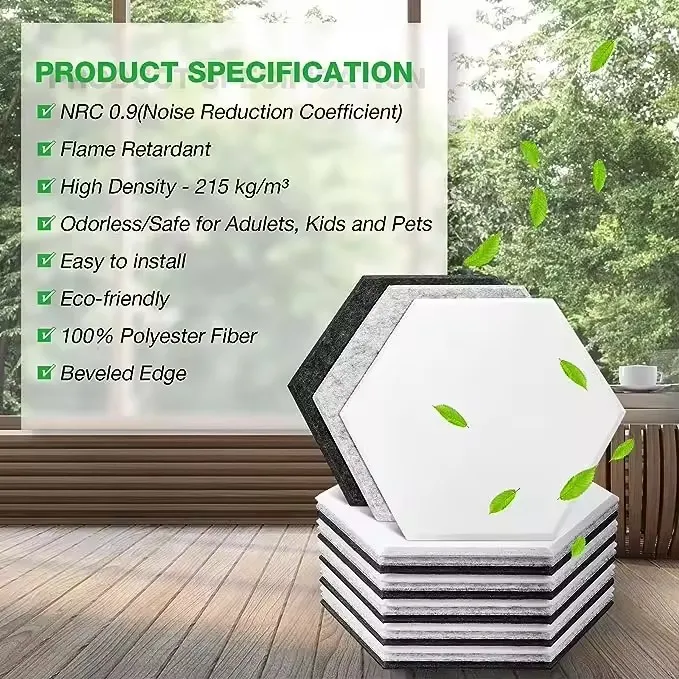Creating a Safe Nest for Your Pregnant Cat
When a cat is pregnant, it enters an incredible journey that requires proper care and attention. As a responsible cat owner, understanding the importance of providing a safe and comfortable nesting area is crucial for the well-being of both the mother and her kittens.
Understanding the Nesting Behavior
A pregnant cat, or queen, typically searches for a quiet and secluded place to give birth. This instinctual behavior can be attributed to a need for safety and privacy from potential threats. As the due date approaches, you may notice your furry friend exhibiting nesting behavior, such as seeking out soft fabrics, pawing at surfaces, or creating a den-like space. This is her way of preparing for the arrival of her kittens.
Choosing the Right Nesting Location
To assist your pregnant cat in her nesting process, start by selecting a suitable location in your home. Ideally, this space should be calm, away from heavy foot traffic, loud noises, and other pets. A quiet corner in a bedroom or a dedicated space in a quiet room can work perfectly.
Creating a Comfortable Nest
Once you have chosen an appropriate location, it’s time to create a cozy nest. Here are some steps to consider
1. Use a Box A cardboard or plastic box makes an excellent base for your cat's nest. Ensure that it has high enough sides to keep the kittens inside but low enough for the mother to enter easily.
pregnant cat nest

2. Add Soft Bedding Line the box with soft materials such as clean towels, old blankets, or bedding specifically designed for pets. The bedding should be comfortable and warm, as newborn kittens are unable to regulate their body temperature effectively.
3. Maintain Cleanliness It's essential to keep the nesting area clean. Check the bedding regularly and change it as needed to ensure a hygienic environment for the mother and her kittens.
4. Provide Privacy You might want to cover the nesting box with a light cloth or blanket, leaving openings for the mother cat to enter and exit. This can help create a den-like atmosphere, making her feel more secure.
Monitoring and Support
During your cat's pregnancy, it's essential to keep an eye on her behavior. Look for signs of distress, such as excessive vocalization, restlessness, or refusal to eat. Always provide fresh water and high-quality food to ensure she gets the necessary nutrients.
As she approaches labor, avoid disturbing her unless absolutely necessary. It’s normal for a queen to show signs of nesting behavior during the last stages of pregnancy. Be prepared for the birth process by having supplies on hand, such as clean towels and a heating pad, in case it is needed.
Conclusion
Helping your pregnant cat create a safe and comfortable nest is a rewarding experience that promotes her health and the safe delivery of her kittens. By providing the right environment, you ensure that both the mother and her kittens have the best chance of thriving. Remember, the bond you foster during this critical time will lead to a more secure and loving relationship with your feline family members. Your support and care will make all the difference in this beautiful journey of motherhood.
-
Wooden Sound Proof Panels for Conference RoomsNewsJun.13,2025
-
Maintenance Tips for Felt Wall PanelsNewsJun.13,2025
-
How to Clean and Maintain a Pet Snuffle MatNewsJun.13,2025
-
Custom Shapes and Sizes for Polyester Fiber Acoustic PanelsNewsJun.13,2025
-
Best Sound Proof Panels for Home TheatersNewsJun.13,2025
-
Benefits of Wooden Acoustic Wall Panels for Home TheatersNewsJun.13,2025
